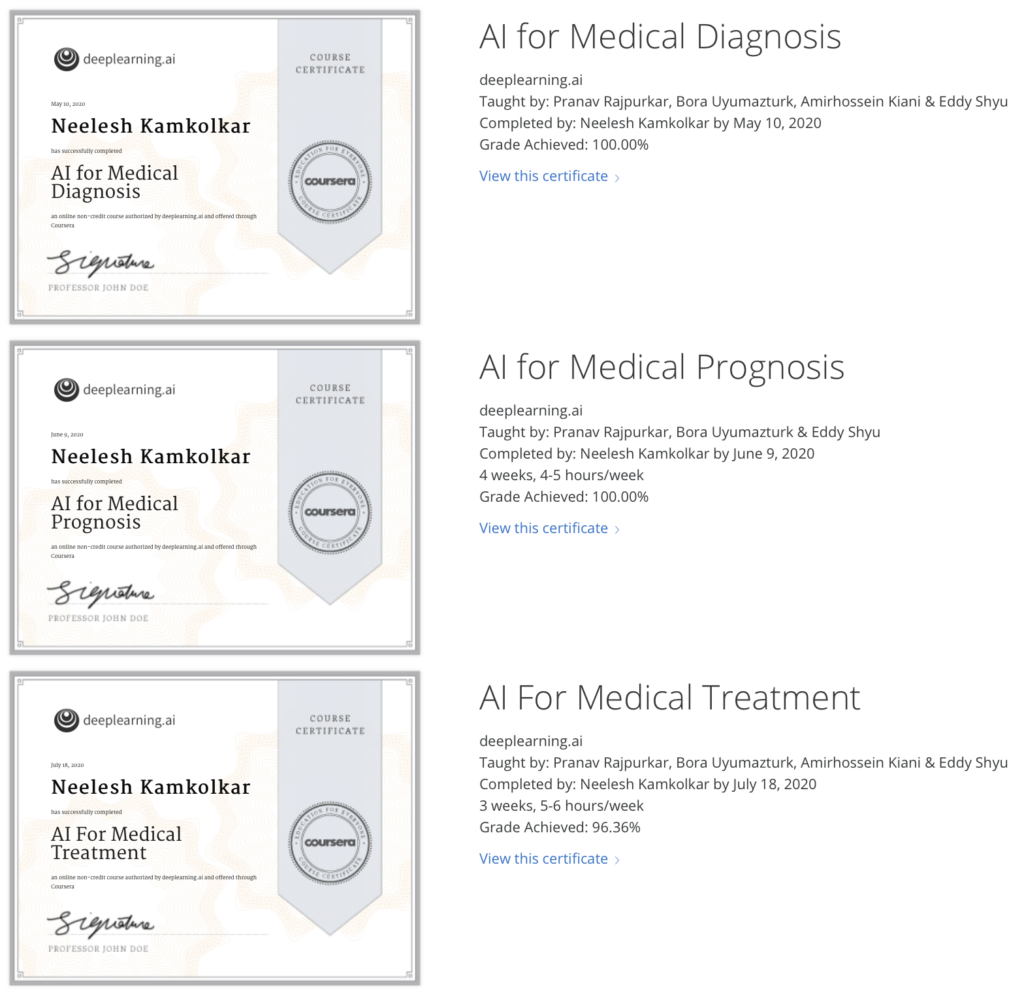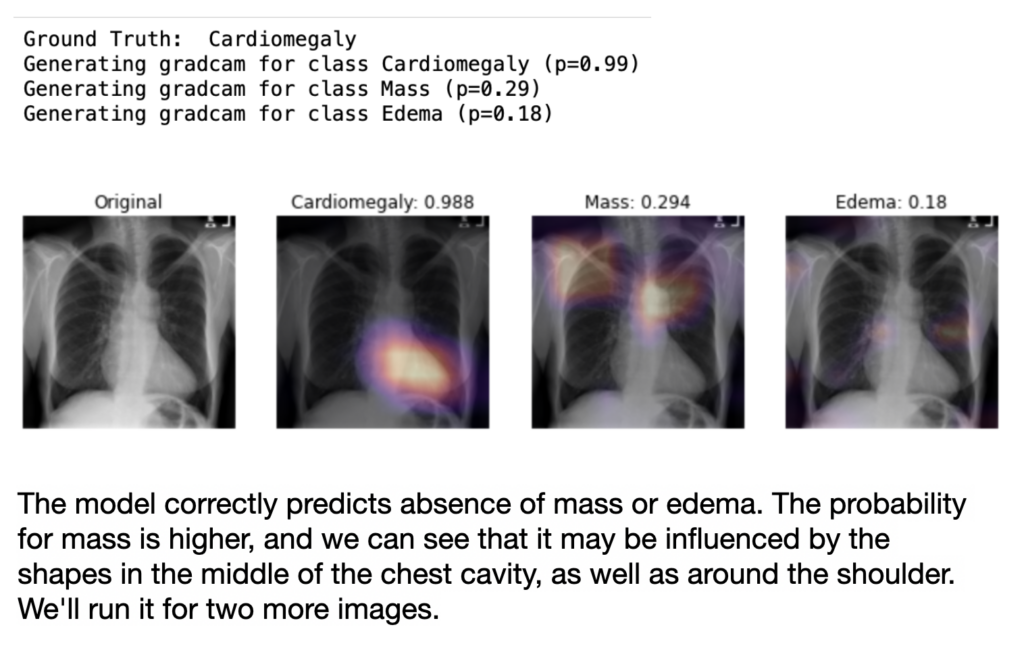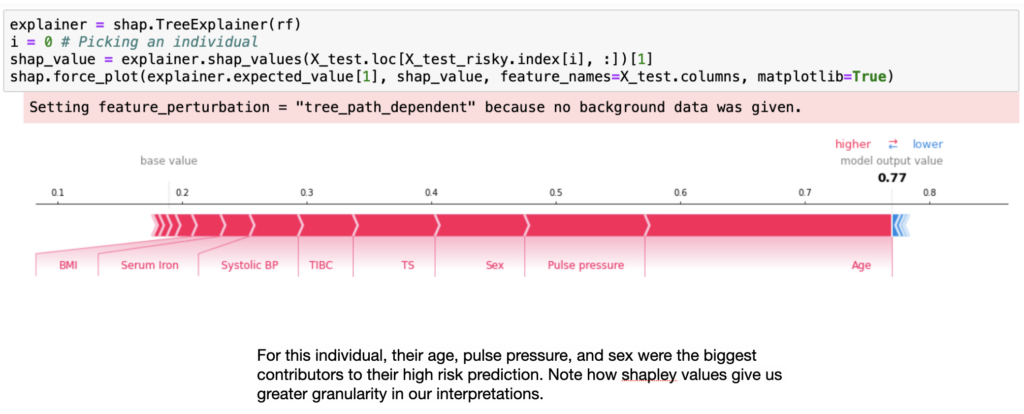One of the most important aspects of embracing change and applying technology to solve real problems is to ensure that you and your teams are continually learning and improving. This is true more so now than ever before. Unlike traditional education, knowledge is available all around you, one just has to make time for learning new things.
I recently completed a 3 course specialization by deeplearning.ai in applying artificial intelligences, machine learning and good old statistics. In this blog, I will share some information about the courses, what we learnt and how you can sign up.
The course is taught by Pranav Rajpurkar – PhD student at Standford University with assistance from Bora Uyumazturk – Researcher at Stanford.
- AI for Medical Diagnosis
- AI for Medical Prognosis
- AI for Medical Treatment
This specialization requires that you complete the Deep Learning specialization, which is one of the strongest and deepest foundations one can get in deep learning outside of specialized education and research. I completed Deep Learning specialization in 2016 and continued to build on top of that to get a better feel for applying AI in medicine.

Machine learning is a powerful tool for prognosis, a branch of medicine that specializes in predicting the future health of patients.
In Course 1, AI for Medical Diagnosis, we created convolutional neural network image classification and segmentation models to make diagnoses of lung and brain disorders. –
In Course 2, AI for Medical Prognosis, we built risk models and survival estimators for heart disease using statistical methods and a random forest predictor to determine patient prognosis. We used decision trees to model non-linear relationships, which are commonly observed in medical data, and applied them to predicting mortality rates more accurately and how to handle missing data.
In Course 3, AI for Medical Treatment, we built a treatment effect predictor, applied model interpretation techniques and used natural language processing to extract information from radiology reports.

AI is transforming the practice of medicine. It’s helping doctors diagnose patients more accurately, make predictions about patients’ future health, and recommend better treatments. In this specialization we learnt and acquired practical experience in applying machine learning to concrete problems in medicine.
As a learner, you will be set up for success in this program if you are already comfortable with some of the math and coding behind AI algorithms. You will need a working knowledge of deep neural networks, particularly convolutional networks, and proficiency in Python programming at an intermediate level will be essential.

This specialization is available via deeplearning.ai on the Coursera platform. It takes about 10 weeks calendar time. However, depending on your proficiency and prior foundation in deeplearning, you could get through this at a much faster pace.
What worked for me is to dedicate a day or day and half during the weekend to go through the entire week’s learning. Setting a goal for learning time really helps, especially if you have other things going on. The lecture videos are quite short, but a lot of the learning happens during the programming projects. There is an amazing community of learners that can be your resource if you ever feel lost.
As a product leader, I find these specializations to cut through the hype and help me build empathy for what it takes to deliver solutions to solving complex real world problems in emerging areas like AI/ML. Understanding what is happening in research and the realities of applying these models, is very important to find pragmatic solutions to customer challenges, not just in medical industry but in any industry.
Having helped build a AI/ML platform ground up for health care, the challenges with managing dirty data, working with missing ness of data and making data ready for descriptive or predictive analytics are very similar across industries.
If you want to sign up for this course or you want more information, you can navigate to : https://coursera.org/share/7aacd1490d93aedf294633eafcede640

If you want to start with a solid foundation, you can gain a foundation in deep learning by taking the Deep Learning Specialization offered by deeplearning.ai and taught by Andrew Ng.
PS: I am not directly affiliated with deeplearning.ai or Coursera or any of the instructors. I just loved learning from them and want to share their hard work so it reaches others amongst you that are passionate about AI in Medicine.
Sign up for my newsletter or follow me at @neeleshkamkol on twitter.

